Every year on 15 Feb, Singapore commemorates Total Defence Day, the day colonial Singapore surrendered to Japan in 1942 in World War II. The concept of Total Defence was introduced in 1984 as a whole-of-society national defence concept. It has six types of defenses today – military, civil, economic, social, digital and psychological defence. (You can read about the various defences here.)
This year, the Humanist Society (Singapore) wants to contribute to Social Defence – where everyone makes an effort to trust one another and to strengthen the bonds across the different ethnic groups.
In multiracial, multi-religious Singapore, discussing racial and religious issues can be challenging, even when discussion is well intended. Sometimes, we end up self-censoring even though dialogue is still needed to lower tensions and build understanding.
On this day, we release 8 beautiful hand-drawn illustrations to show 8 tips for discussing race and religion in Singapore.
1) Find your common ground
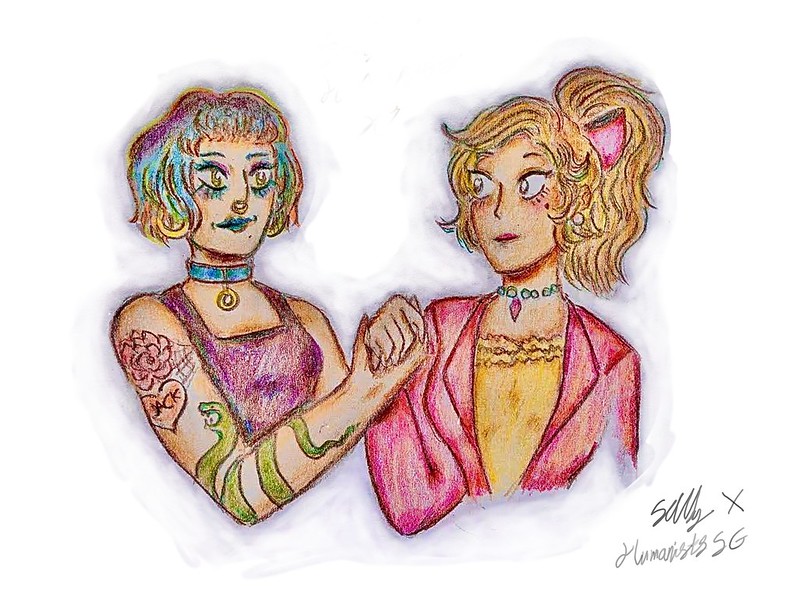
Common ground can always be found between any two people in the world no matter how wide the gulf is. You can start by sharing universally accepted principles (fairness, honesty and charity) and shared life experiences (same school, neighbourhoods).
2) Say something positive
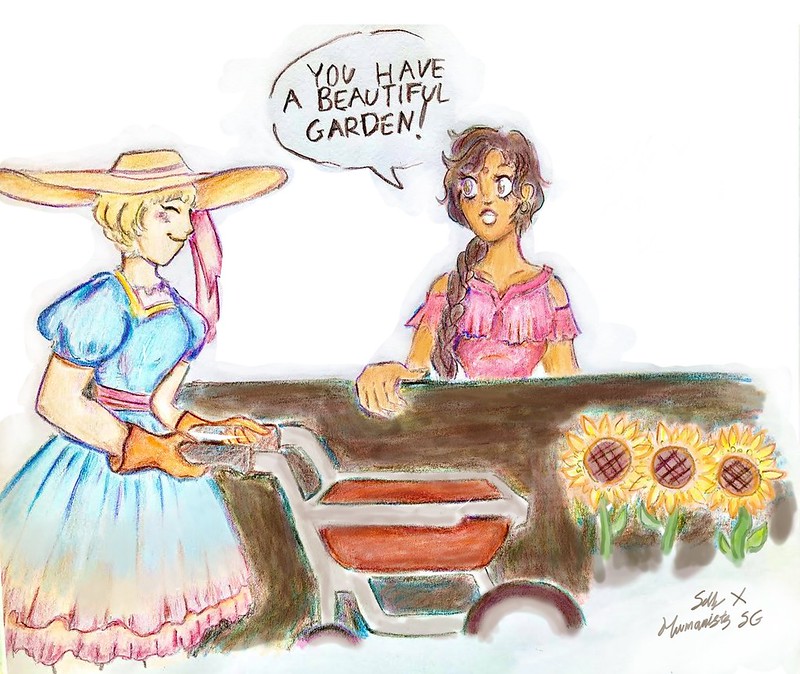
From the common grounds that you have established, say something positive about the other community. This can include achievements by the community, the beauty of their arts and culture, and their efforts to reach out to others. You will be surprised by how much affirmation can achieve.
3) Seek spaces for frank dialogue
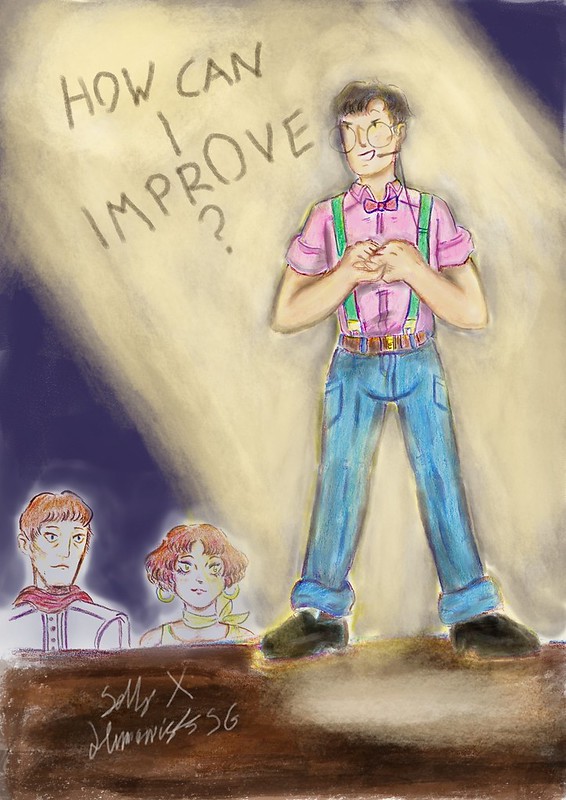
If you wish to speak your mind, there are spaces for frank dialogue in Singapore. Many dialogues are facilitated by Inter-Religious Organisation (IRO), Inter-Racial and Religious Confidence Circle (IRCC), OnePeople.SG, Harmony Centre, Centre for Interfaith Understanding (CIFU), Humanity Matters, and hash.peace, to name a few. Follow them on social media to get notifications of such events.
4) Acknowledge self-reflections in the community

People know they are not perfect, and there are existing self-reflections in every community. Look out for speeches by community leaders who are in a position to discuss imperfections within their communities. Acknowledge and celebrate all courageous efforts at self-improvement, however small.
5) Acknowledge imperfections on your side
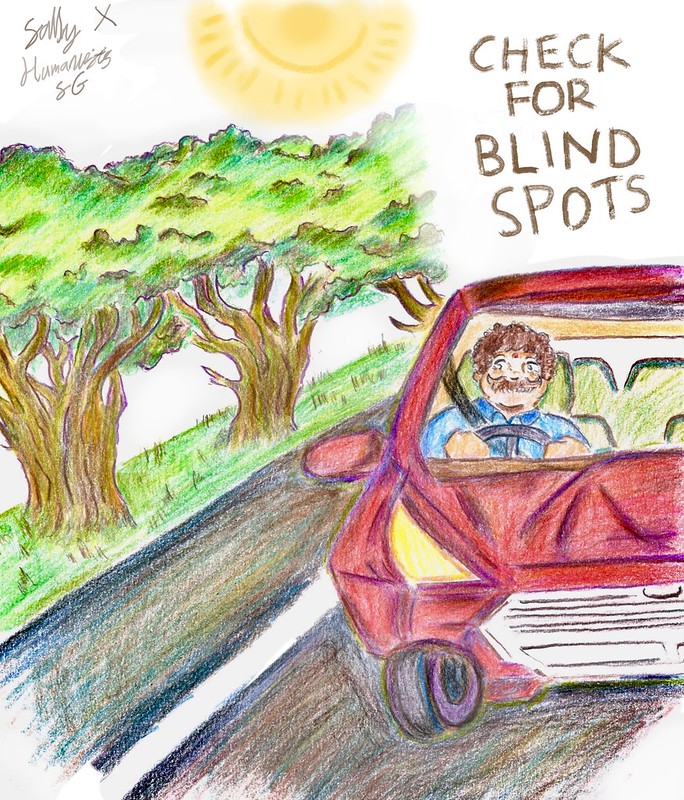
In the process of acknowledging existing self-reflections of the other side, acknowledge blind spots on your side too. Far from appearing weak, you will be respected for your honesty and moral courage. You might even get a helping hand!
6) Solve one difference at a time
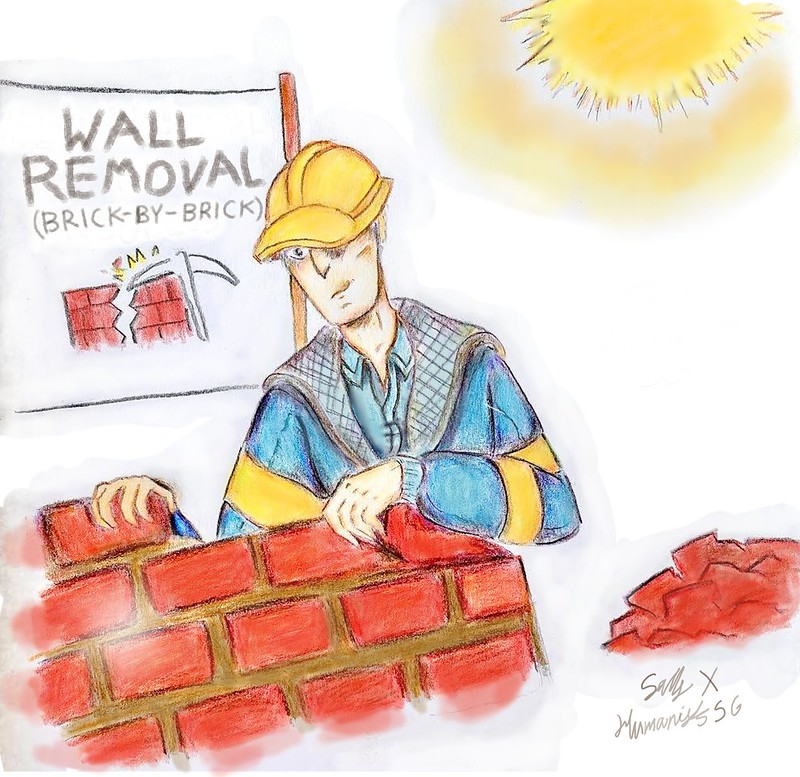
Should relations between communities turn sour, it cannot be fixed overnight. If differences over an issue are too numerous, it is better to address one difference at a time. With patience and consistent effort, walls between communities can be removed.
7) Removing emotional tones
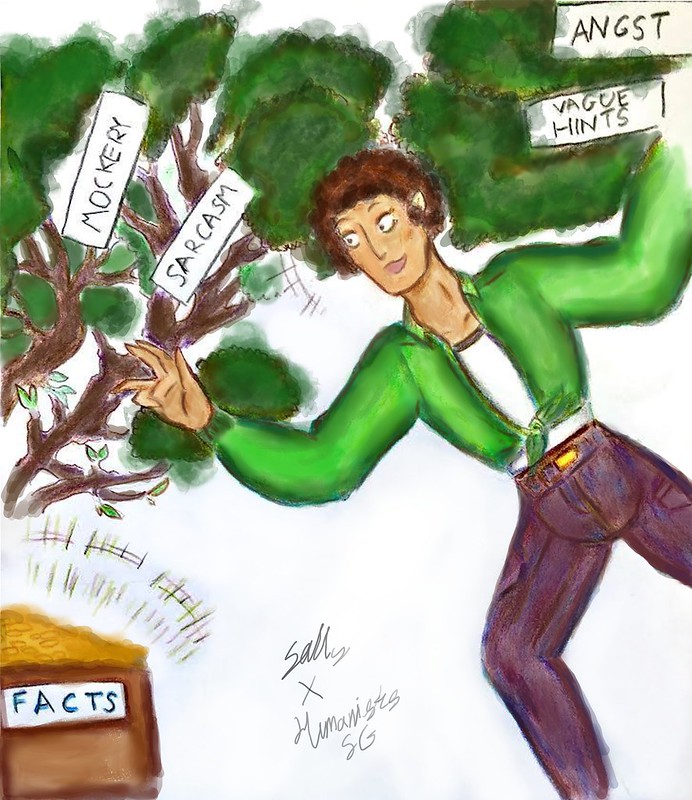
When discussing the most sensitive disagreements, avoid emotionally-charged dialogue that obscure the facts. If you feel that tensions are rising, postpone dialogue and go for a walk.
8) Agreeing to disagree
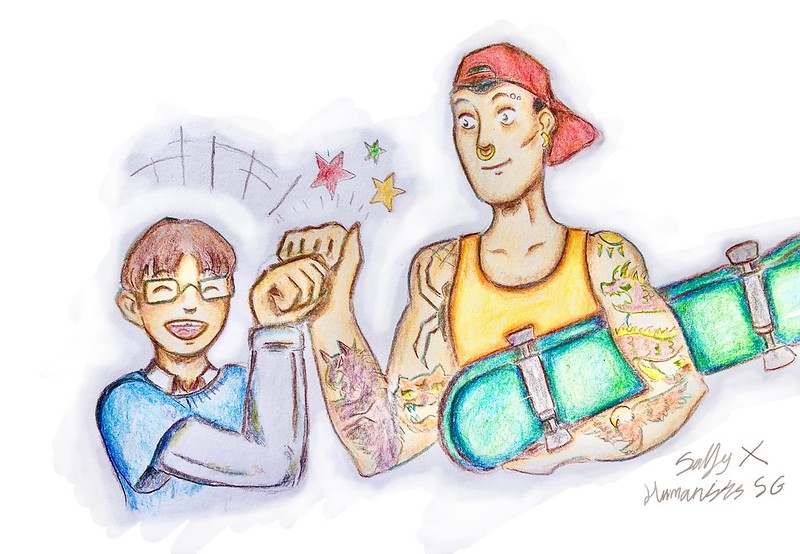
For differences that cannot be resolved, agree to disagree. Just as any two individuals in the world have common grounds, no two individuals are the same. Keep the door open for future dialogue, and you will be surprised by how much you can learn. Diversity makes Singapore unique and it should be celebrated.




